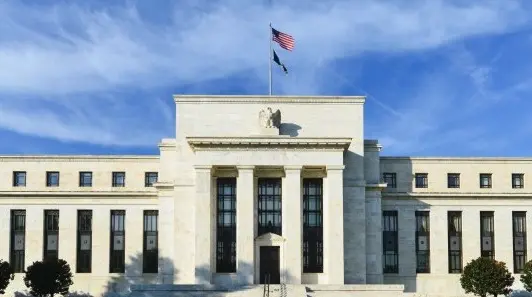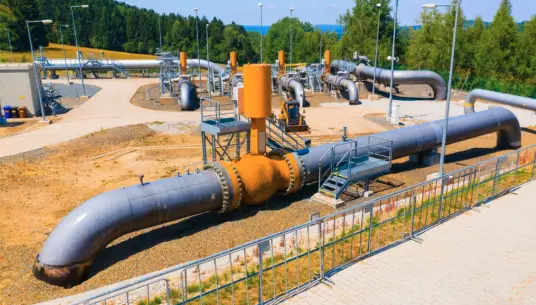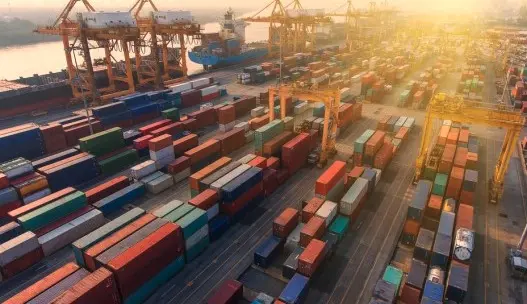|
The effects of soaring energy prices are being felt by almost all companies. Aviation, shipping and chemical firms are directly impacted by higher energy prices. The food industry, travel agencies and hospitality are impacted by second-round effects. Corporate decision-makers have some tools available to mitigate the impact
|

| Energy prices are likely to remain high for much longer, affecting some industries more than others |
|
High energy prices are the new normal for business leaders
European energy markets became very tight and volatile in the autumn of 2021 due to concerns about limited gas reserves for the winter months. Luckily, Europe was saved by a relatively mild winter, but by the time concerns in the market diminished, Russia invaded Ukraine. Energy markets have remained very volatile and tight with energy becoming part of the conflict. Europe has implemented a ban on coal and oil. In turn, Russia has reduced gas flows to the EU in several small steps that now amount to around 23 billion cubic metres (bcm), which is about 15% of the total Russian gas supply to the EU.
The implication for corporate decision-makers is that energy prices are likely to remain high for much longer. Gas prices are expected to stay above €70/MWh until 2023 and oil prices well above $80 until 2024. We first assessed the impact of high energy prices on sectors in our article The ripple effects of soaring energy prices. This article provides an update.
|
|
Gas prices are expected to stay above €70/MWh until 2023
TTF natural gas futures for the Netherlands in €/MWh as of 2 June

| Source: ING Research based on Refinitiv |
|
|
Oil prices are expected to stay above $80 until 2024
ICE Brent oil price futures in $/barrel as of 2 June

| Source: ING Research based on Refinitiv |
|
|
First and second-round impacts of high energy prices
Higher energy prices can impact companies in many ways. The immediate impact is through higher costs from rising energy prices (first-round impact).
In the new normal, where energy prices are likely to stay high for at least the next two years, there will be second-round effects too. Energy-intensive companies pass on higher energy prices to their clients in varying degrees. As a result, clients are also confronted with higher costs. The production of energy-intensive products could also become unprofitable due to high energy prices. Producers might lower production levels which could create temporary shortages further up the supply chain.
In this article, we look at the impact of higher energy prices on companies in different sectors, in terms of both first and second-round price effects. We find that sectors are impacted differently according to their energy intensity and the type of energy they use. Aviation and shipping, for example, are the most energy-intensive sectors and are especially impacted by high oil prices.
|
|
Highest first-round effects in aviation and shipping
Most industrial sectors are energy-intensive, too, but they rely more on gas for heating and feedstock purposes, where prices have skyrocketed. There are also sectors that are less energy-intensive such as construction, trade and the automotive industry.
|
|
High energy use in aviation, shipping and chemical industries
Use of terrajoule energy per € 1 million Value added output, EU-27 in 2018*

| Source: Eurostat, ING Research |
|
|
Second-round effects could be substantial in the food and rubber industries, and for travel agencies and hospitality
Companies with high oil and gas use are not the only ones dealing with soaring energy prices. High energy users will, to varying degrees, pass on high energy prices, albeit with some delay.
For instance, the food and beverage industry procures many products from agriculture. If farmers have to increase their prices due to higher energy costs, the food industry faces higher prices too.
Travel agencies also purchase a lot from energy-intensive sectors such as aviation and road transport. They are faced with more expensive plane tickets when airline carriers are forced to increase ticket prices due to higher kerosine costs.
|
|
Read this article on THINK
Tags
Oil prices Gas prices Energy
Disclaimer
This publication has been prepared by ING solely for information purposes irrespective of a particular user's means, financial situation or investment objectives. The information does not constitute investment recommendation, and nor is it investment, legal or tax advice or an offer or solicitation to purchase or sell any financial instrument. Read more




















































































